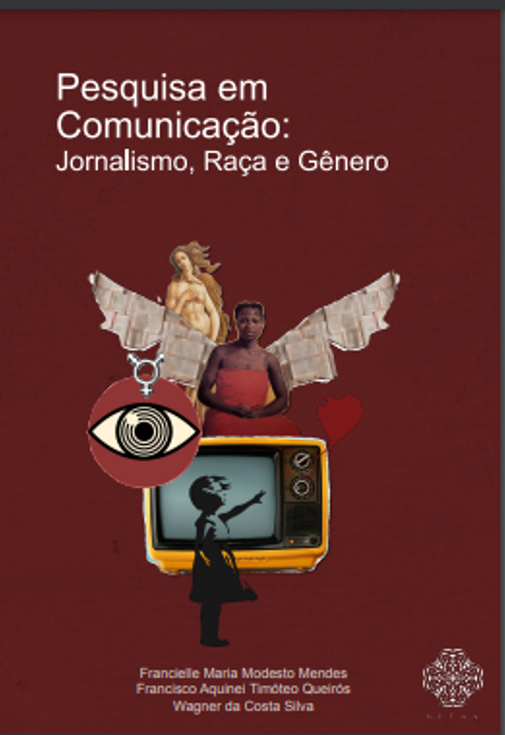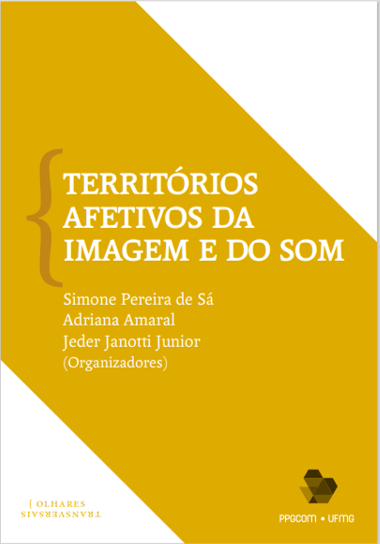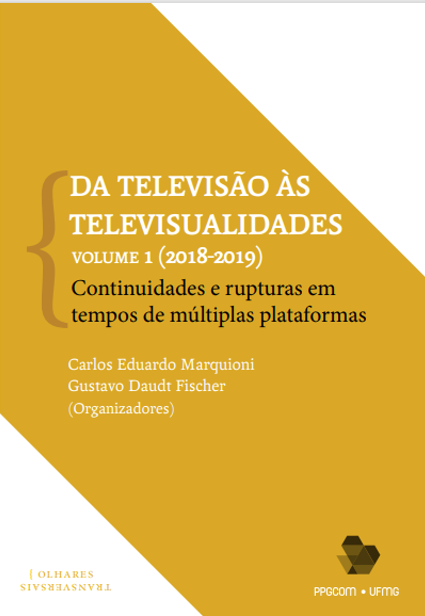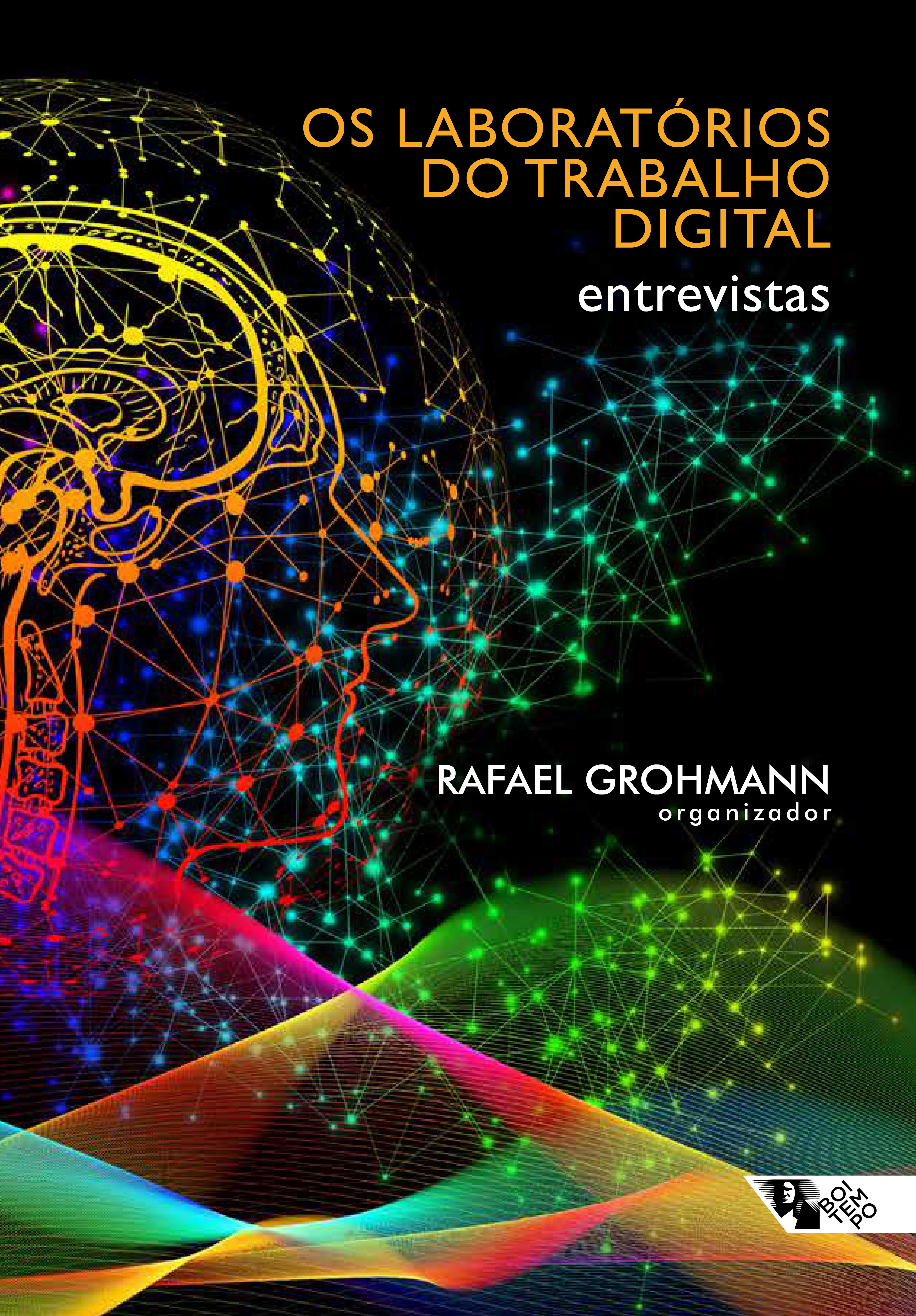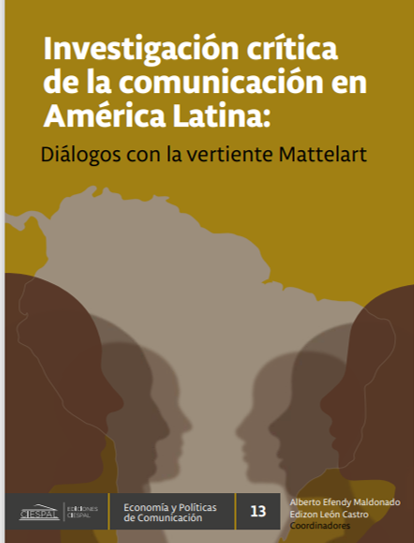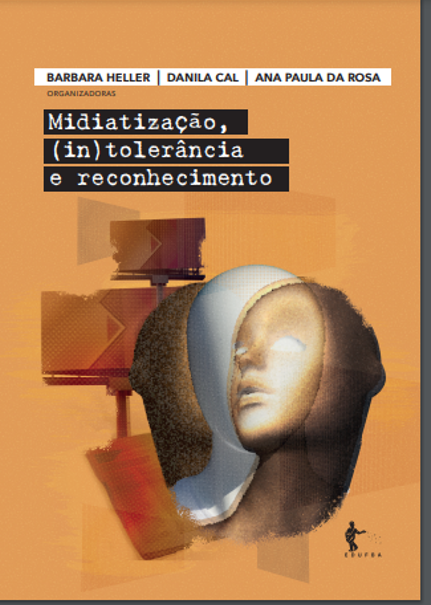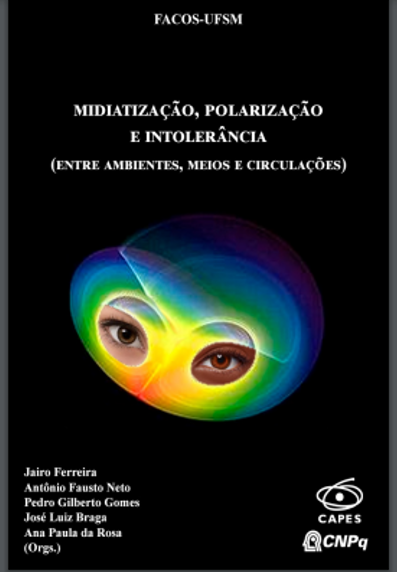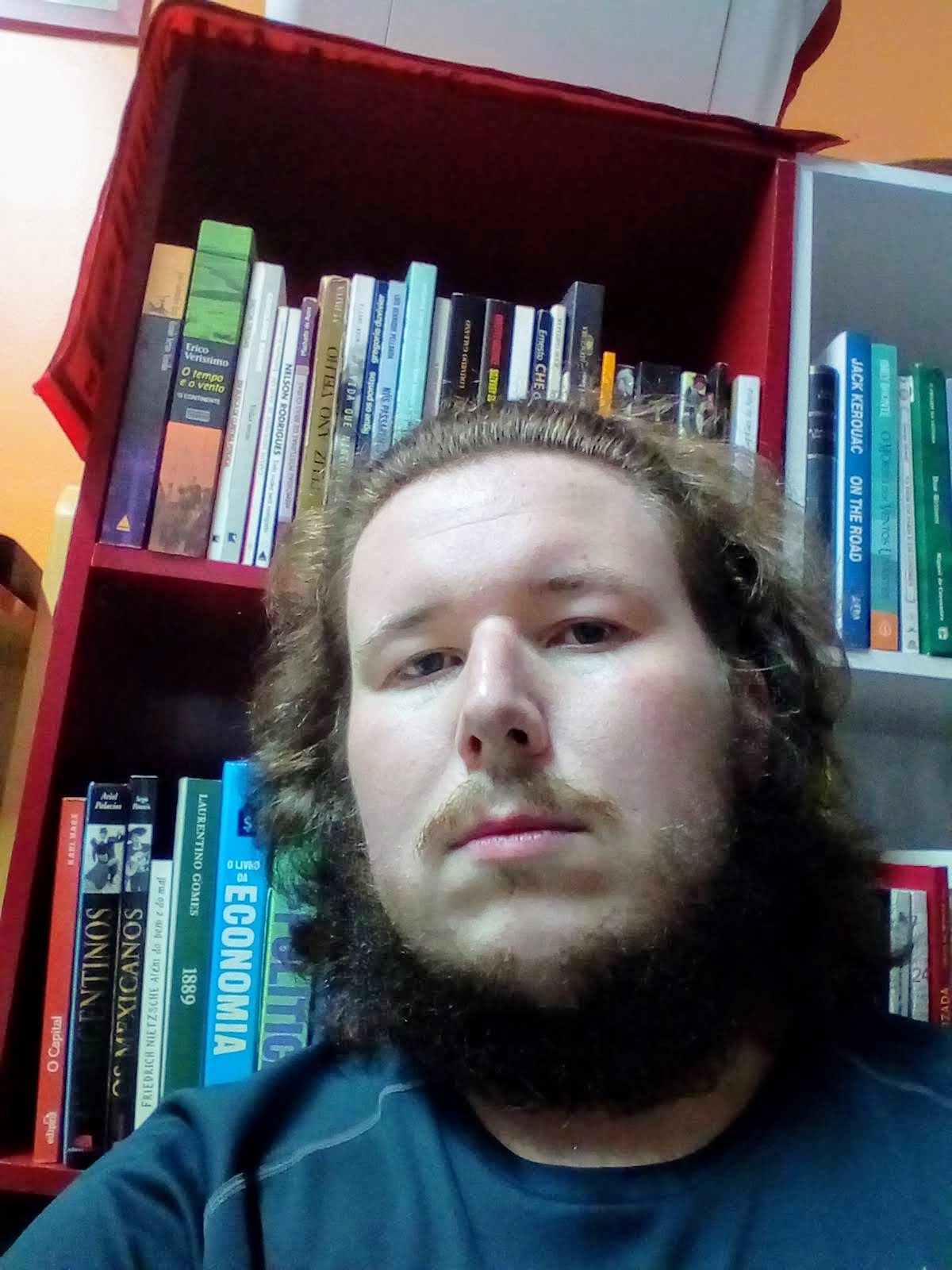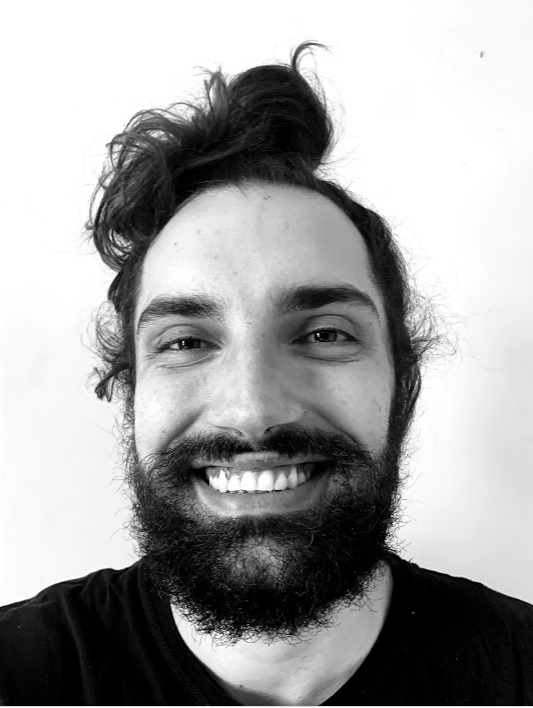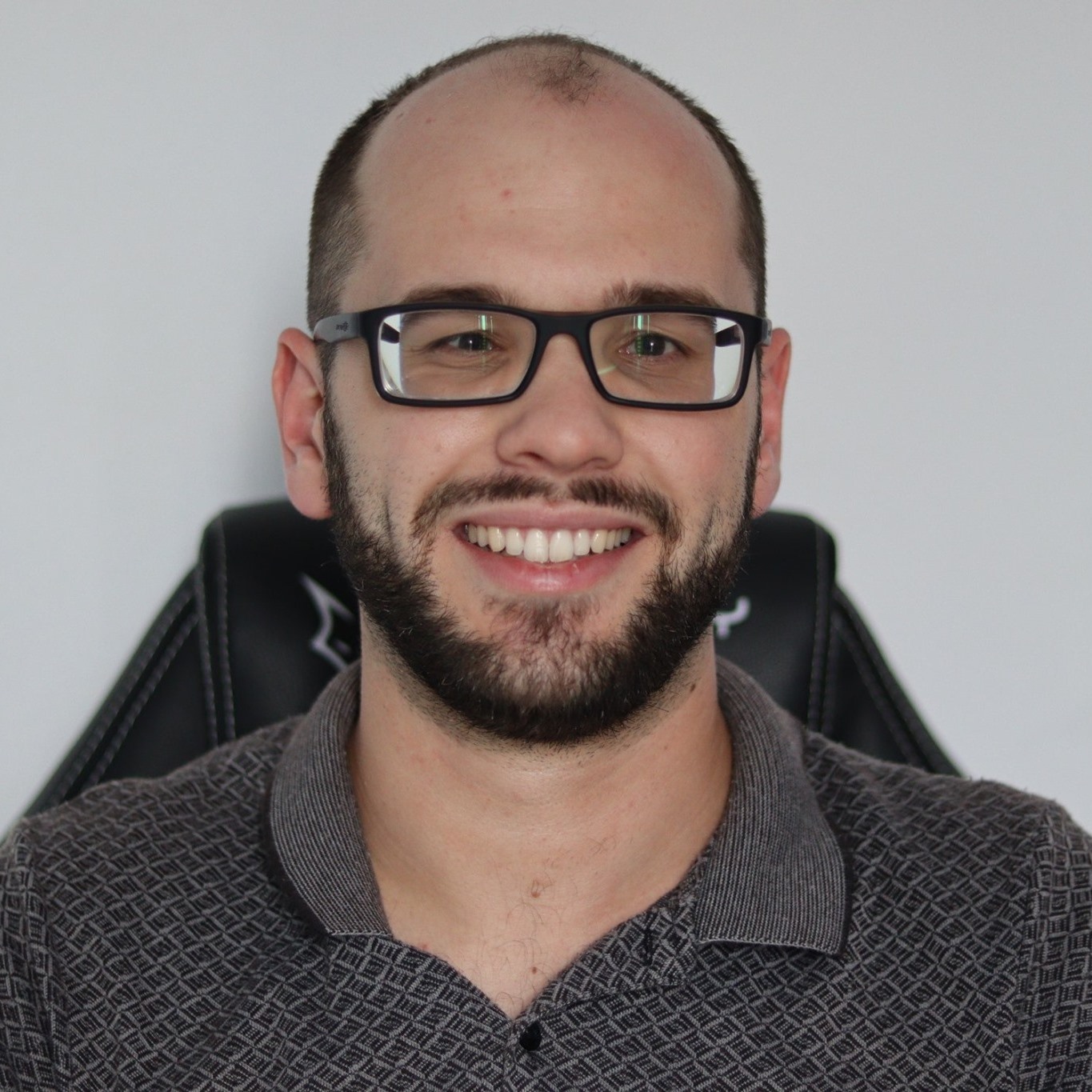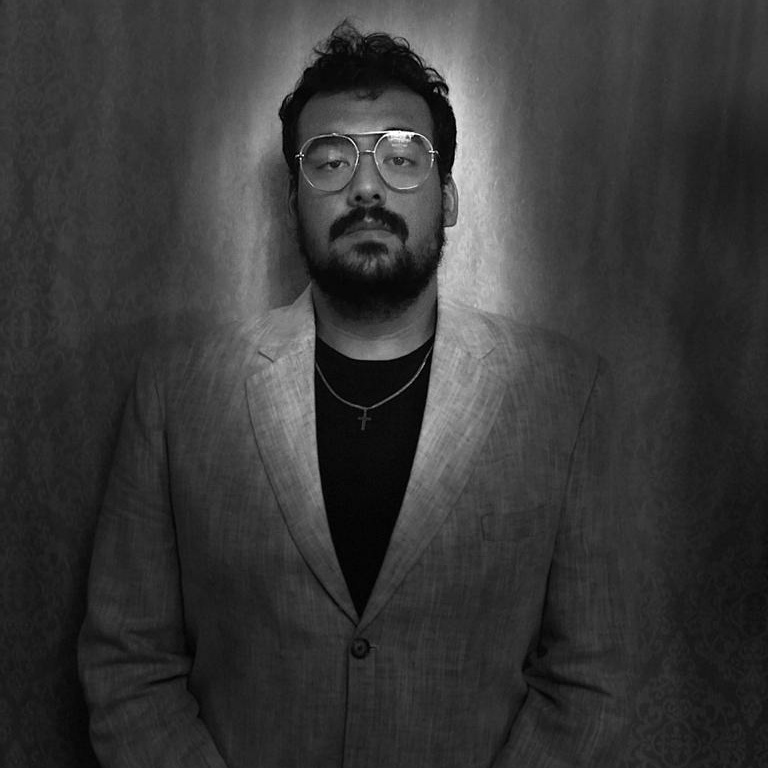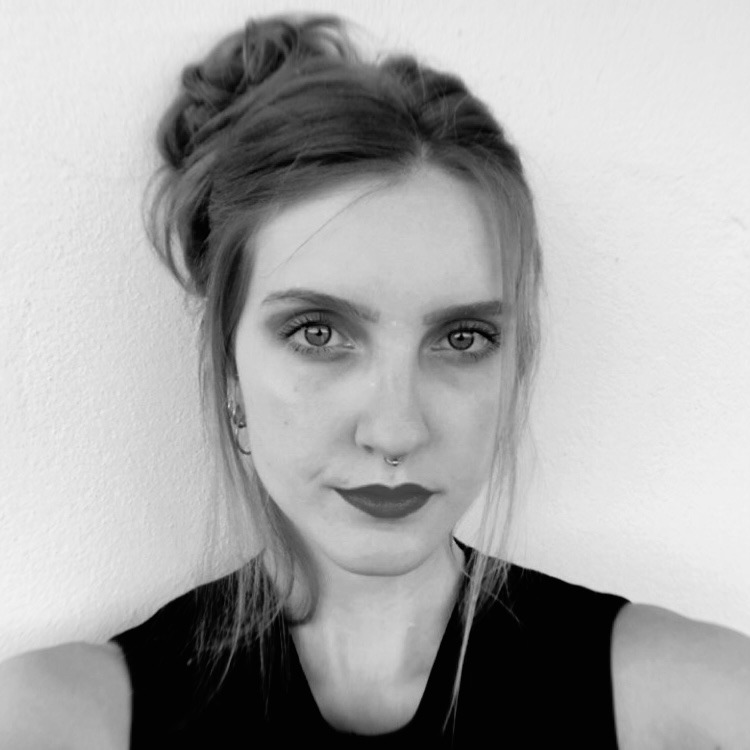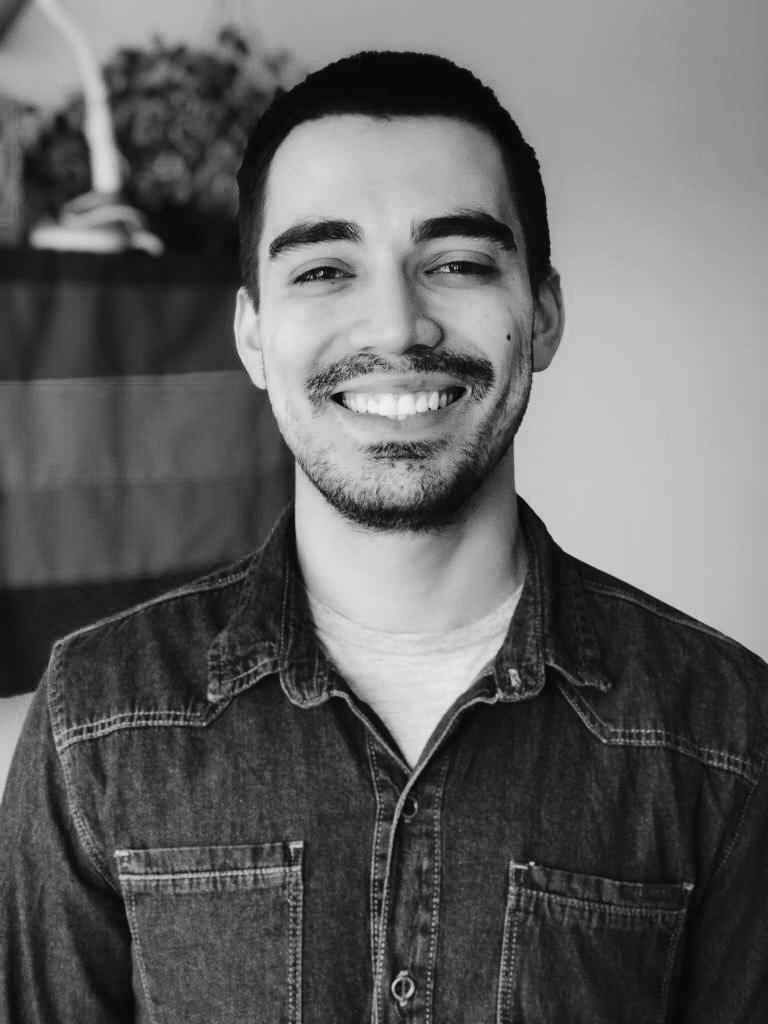Geology (MSc/PhD)
Overview
The Geology Graduate Program aims to form qualified researchers, professionals, and teachers in the field of Geosciences. Its master's degree is designed to students and professionals who wish either to start a research career or to qualify/differentiate their professional performance. It seeks to improve the research skills and to allow the appropriation of modern methods and technologies to be used in professional life. The master students research might be related to oil and gas, surface and ground water, Earth's external dynamics, life evolution, environmental matters, and climate changes, among other relevant issues. The Geology Graduate Program is recommended by Capes, offers a wide infrastructure suitable for research practice and a qualified faculty, connected to important national and international research centers.
This program is also available:
Check it out:
Emphasis: Sedimentary Geology
The program focuses on Sedimentary Geology. It deals with the phenomena, processes, and products related to the origin, infill, and deformation of sedimentary basins, as well as the accumulation and exploration of mineral, hydric and energy resources. In addition, it investigates the sedimentary record in terms of life evolution and climate changes at different time scales.
Lines of action
This area of study addresses sedimentary successions and their stratigraphy, facies associations, depositional processes and petrological aspects. It focuses on characterization of the architecture, geometry and heterogeneity of sedimentary bodies at different scales through geological and seismic modeling. By applying this multiscale approach, we seek to better understand the location and internal features of oil and gas reservoirs, granular aquifers and mineral deposits associated with sedimentary rocks.
This area of study analyzes biogenic structures and fossils through description, taxonomic determination and taphonomic processes involved in their genesis. We seek to understand the evolutionary aspects of the Earth's biota, its influence in the physiochemical environment and its value in stratigraphic correlations, geochronology, and paleogeographic and paleoclimatic reconstructions.
This area of study focuses on modeling of geological processes and oil and groundwater sedimentary reservoirs. For this purpose, based on a fundamentally geotechnological approach, techniques for remote acquisition, processing and interpretation of geological data are used. These data, different in nature and variable in space and time, are used for development of geological and geophysical models, emphasizing the geometry, spatial variability and evolution of sedimentary sequences, as well as dynamic models and simulations of surface or underground geological processes.
Master's Degree Curriculum
The master's degree consists of 30 credits, distributed as follows: 6 credits of required activities and 8 credits of thesis; 10 credits of specific courses; 6 credits of related courses and/or complementary activities, where 1 credit, necessarily, corresponds to the submission of a paper to a scientific journal.
Specific Courses - Area of study: Stratigraphy and Basin Evolution
- Analysis of Architectural Elements of Sedimentary Deposits (2 credits) - Sedimentary Dynamics (2 credits) - Sequence Stratigraphy (4 credits) - Petrology of Terrigenous Clastic Sedimentary Rocks (4 credits) - Terrigenous Clastic Depositional Systems (4 credits) - Continental Depositional Systems (3 credits) - Transitional and Shallow Marine Depositional Systems (3 credits) - Turbidite Depositional Systems (3 credits) - Tectonics and Sedimentation (2 credits) - Special Topics on Stratigraphy and Basin Evolution (2 credits)
Specific Courses - Area of study: Applied Paleontology
- Biostratigraphy (4 credits) - Sedimentary Dynamics (2 credits) - Ichnology (3 credits) - Applied Ichnology (3 credits) - Micropaleontology (4 credits) - Ostracods (4 credits) - Paleobotany and Palynology (4 credits) - Paleoecology (5 credits) - Terrigenous Clastic Depositional Systems (4 credits) - Special Topics on Applied Paleontology (2 credit)
Specific Courses - Area of study: Remote Sensing and Geological Modeling
- Digital Cartography (4 credits) - Sedimentary Dynamics (2 credits) - Surface and Underground Hydrology (4 credits) - 3D Imaging and Interpretation of Outcrops (4 credits) - Groundwater Flow Modeling (4 credits) - Reservoir Modeling (4 credits) - Geological and Geophysical Modeling and Models (4 credits) - Remote Sensing Principles and Geographic Information System (4 credits) - Artificial Neural Networks Applied to Geological Modeling (4 credits) - Terrigenous Clastic Depositional Systems (4 credits) - Special Topics on Remote Sensing and Geological Modeling (2 credits)
Course » Earth System* (2 credits)
* Required course for students without a degree in Geology, to be taken during the admission semester.
Required Activities
- Initial Master's Seminar (3 credits) - Final Master's Seminar (3 credits) - Thesis defense (8 credits)
Complementary Activities
- Teaching Internship for Master's Degree (2 credits) - Publications (credits according to Qualis)
PROFESSORS
The student of the Geology Graduate Program has at your disposal a faculty composed mostly of masters, doctors and post-doctor, with national and international training and recognized professional experience.

Christie Helouise Engelmann de Oliveira
Doutor em Geociências chelouise@unisinos.brI am a geologist and chemical and petrochemical technician with a master's degree in Geology (UnB), a doctorate in Geosciences (UFRGS) and a post-doctorate (Univerität Potsdam, Germany, 2018-2019). I am currently assistant professor and researcher in the Geology Graduate Program at UNISINOS, with broad and interdisciplinary interests in research and teaching. I have experience in the area of Geosciences, with emphasis on analysis of sedimentary basins, thermochronology, natural resources, mineral exploration, geotectonic and water treatment.

Ernesto Luiz Corrêa Lavina
Doutor em Geociências lavina@unisinos.brSenior Professor at the University of Vale do Rio dos Sinos in the Graduate Program in Geology. He has experience in the field of Geosciences, with an emphasis on Sedimentary Geology (sedimentology, sequence stratigraphy, petroleum- and coal geology).

Farid Chemale Junior
Doutor em Naturwissenschaften faridcj@unisinos.brSenior Professor at the University of Vale do Rio dos Sinos in the Graduate Program in Geology. He has experience in the field of Geosciences, with an emphasis on Geotectonics, working mainly on the following themes: isotopic geology, structural geology, tectonics of sedimentary basins and metallogenesis

Gerson Fauth
Doutor em Geologia gersonf@unisinos.brGerson Fauth is a geologist with PhD at Heidelberg University. He is a professor in the Undergraduate and Graduate Program in Geology and manager of the Technological Institute of Micropaleontology - itt Fossil at UNISINOS. The research subject has emphasis on microfossils, biostratigraphy and paleoceanography of the Cretaceous and Cenozoic in Brazil, South Atlantic and Antarctica sedimentary basins.

Hugo Schmidt Neto
Doutor em Geologia hugoschmidt@edu.unisinos.brHugo Schmidt Neto is PhD. in geosciences. Currently, Hugo Schmidt Neto has a grant from Programa Nacional de Pós-Doutoramento (PNPD), CAPES. He works in applied paleontology, taphonomy, palaeoecology of marine invertebrates, ichnology, conservation paleobiology, and stratigraphy and basin evolution. He takes part of researches of the CNPq Ichnus group. Research lines: geosciences, sedimentary geology, stratigraphy and basin evolution, applied paleontology, taphonomy, paleoecology, ichnology, conservation paleobiology.

Joice Cagliari
Doutora em Geologia joiceca@unisinos.brAssistant professor and researcher of the Graduate Program of Geology at the Universidade do Vale do Rio dos Sinos. Graduated in Environmental Engineering with a master's and doctoral degree in Geology in the areas of artificial intelligence and stratigraphic modeling. Carries out research in Geosciences focused on sedimentology, cyclostratigraphy, isotopic geology, geologic modeling, and surface and groundwater pollution.

Karlos Guilherme Diemer Kochhann
Doutor em Naturwissenschaften kkochhann@unisinos.brKarlos Kochhann is a geologist and holds a PhD degree in Natural Sciences from the Christian-Albrechts-Universität zu Kiel, Germany. Currently, he is an assistant professor at the Geology Graduate program at UNISINOS and develops research at the Technological Institute of Micropaleontology at UNISINOS. His research is focused on paleoceanography and paleoclimatology.

Paulo Sergio Gomes Paim
Doutor em Geologia ppaim@unisinos.brGraduated in Geology (1978) and Master in Geosciences (1983) at UFRGS and PhD in Geology at University of Oxford (1994). Geologist at UFRGS (1981 to 1983), Professor of Oceanography at FURG (1983 to 1986) and of Geology at UNISINOS, since 1987, and Researcher of CNPq. He has over 40 years working on sedimentary basins of Brazil and abroad, focusing Ediacaran, Carboniferous, Cretaceous and Holocene successions, addressing Life Evolution, Climate Changes, Gravity Flows, Coastal Geology, and applications on Petroleum Geology.

Renata Guimarães Netto
Doutora em Geociências nettorg@unisinos.brBiologist, Doctor in Geosciences, professor at Geology Graduate Program, Unisinos University, and head of the ICHNOS Research Group. Specialist in organism-substrate interactions, with a primary research interest in the use of biogenic structures for (paleo)ecological, (paleo)environmental, and stratigraphic interpretations and the response of organisms behavior to sedimentary processes and climatic changes.

Rodrigo Scalise Horodyski
Doutor em Geociências rhorodyski@unisinos.brDr. Horodyski's focuses on taphonomy, paleoecology, paleoenvironments, biotic crises, bioevents and extinctions. Projects involve establishing regional and global patterns of stratigraphy, sea-level and biotic changes across the Phanerozoic. He is a corresponding member in Brazil of the International Subcomission on Devonian Stratigraphy. He also research on biotic and environmental changes in the Anthropocene.
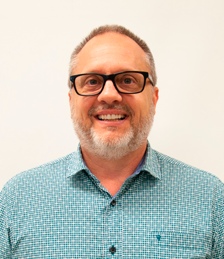
Victor Hugo Valiati
Doutor em Genética e Biologia Molecular valiati@unisinos.brBiologist, PhD in Genetics and Molecular Biology. Master's and doctoral advisor in the Graduate Program in Biology. Coordinator of the Genetics, Molecular Biology, Microbiology and Toxicology Laboratories. Current research within the group is organized around three interdisciplinary themes: molecular ecology, molecular systematics, phylogeography, conservation genetics, forensic genetics, microbiota and microbiomes, genomics, bioprospecting of microorganisms and genes for bioremediation.




